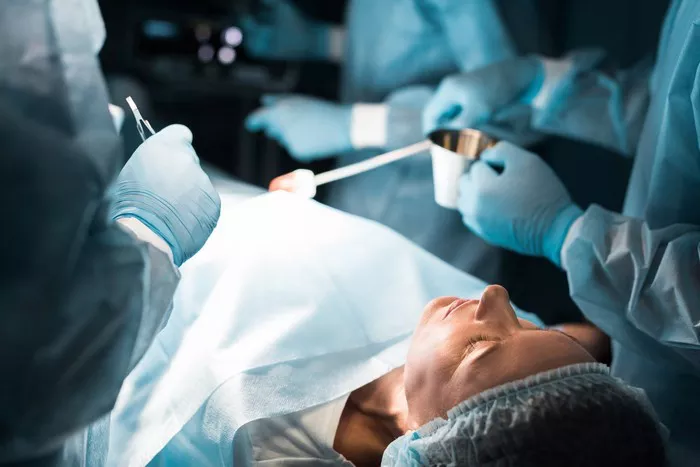A recent study has become the first to assess the relationship between marijuana and nicotine use among plastic surgery patients, highlighting potential risks associated with these substances. As marijuana use continues to rise, concerns about its negative effects on surgical outcomes have emerged, particularly because marijuana smoke contains carcinogens and irritants similar to those found in tobacco smoke, which can adversely affect pulmonary health.
Nicotine is known to impair wound healing, a significant concern for patients undergoing plastic surgery. The increasing popularity of marijuana, alongside the emergence of new nicotine delivery products such as vapes, poses a clinical challenge for healthcare providers. Many patients may be unaware of their nicotine exposure, making it difficult for physicians to identify at-risk individuals.
Dr. Ricci and his colleagues conducted research examining the potential link between marijuana use and nicotine exposure in 135 consecutive patients who consulted a surgeon for cosmetic plastic surgery. The study cohort was predominantly female (92%), with an average age of 38, and largely Hispanic, reflecting the demographics of the clinic’s service area.
In the study, 19% of patients reported active nicotine use, while 20% reported marijuana use—7% using marijuana alone and 13% using both marijuana and nicotine. The researchers compared levels of nicotine and its metabolite cotinine between different groups of patients.
The results revealed that marijuana users exhibited elevated nicotine and cotinine levels, even among those who denied using any nicotine products. While these levels were lower than those typically found in regular smokers, they still raised concerns regarding unrecognized surgical risks. Notably, many patients who reported using marijuana or nicotine on the survey did not disclose this information during their consultations with the plastic surgeon. In fact, the nicotine levels for this subgroup were comparable to those found in active cigarette smokers.
The researchers noted that patients might hesitate to disclose their substance use history, potentially due to a lack of awareness about the perioperative risks linked to smoking and marijuana use. Among the 84 patients who proceeded with plastic surgery, those who had nicotine levels were lower compared to patients who did not undergo the procedure.
Although the study did not find a direct increase in complication rates among marijuana users or those with elevated nicotine levels, the findings suggest that such risks could be present. Dr. Ricci and his coauthors emphasized the need for more definitive studies to explore the effects of marijuana on surgical outcomes. They concluded, “In real clinical settings, under-reporting of nicotine-containing product use, including marijuana, remains a concern for unrecognized surgical risk and affects decisions on offering elective procedures.”
The implications of this study underscore the importance of open communication between patients and healthcare providers about substance use to ensure safe surgical practices.
You Might Be Interested In:

